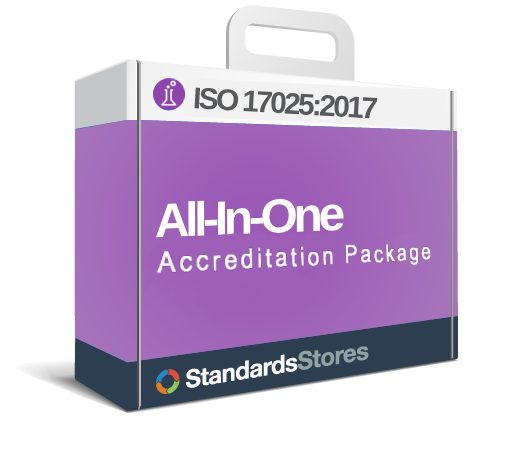ISO 17025 Audits and Assessments
In order to become ISO 17025 accredited, you must perform internal audits and be assessed by a third party Accreditation Body (AB). Below we will break down the different ways audits can be conducted and discuss AB assessments.
Audit Types
Internal audits are audits that are performed by your organization and are a self-examination of your laboratories ability to demonstrate that they are technically competent and able to produce precise and accurate test and/or calibration data. Internal audits have many benefits including preparing your organization for the AB assessment. The internal auditor must be independent of the area being audited to ensure objective results. (It is recommended to have more than one auditor to ensure no one is auditing his or her area of responsibilities). Internal audits are an ISO 17025 requirement and they are critical to the success of your QMS. (We offer internal audit training to ensure your internal auditors are able to perform an effective internal audit as well as an audit checklist to help guide your internal auditors on covering all areas of your QMS.)
Internal audits will be used to assess conformity, evaluate the effectiveness and identify opportunities for improvement. When you perform an internal audit, you will be able to compare your quality management system to the requirements and understand if there are any non-conformances. This will allow you to correct your QMS and ensure that your organization will meet the requirements for the AB assessment and allow for accreditation.
StandardsStores offers several online training courses for Internal Auditors
Your selected accreditation body will conduct an assessment to verify conformance against the ISO 17025 standard before they verify the laboratory demonstrates that they are technically competent and able to produce precise and accurate test and/or calibration data. As part of accreditation, a laboratory’s quality management system is evaluated on a regular basis to ensure continued technical competence and compliance with ISO/IEC 17025. Laboratory accreditation can only be granted by an accreditation body, or AB.
How did auditing change under the latest revision of ISO 17025?
It should be noted that the revised ISO/IEC 17025 has no major new technical sections with requirements. It does, however, have dozens of new sub-elements and several key things with a new emphasis, to learn more and compare the two standards, read Transitioning from ISO/IEC 17025:2005 to ISO/IEC 17025:2017. Since there are several changes, it is important to perform a gap analysis to identify any potential nonconformities you may have.
Key tools for audit implementation:


